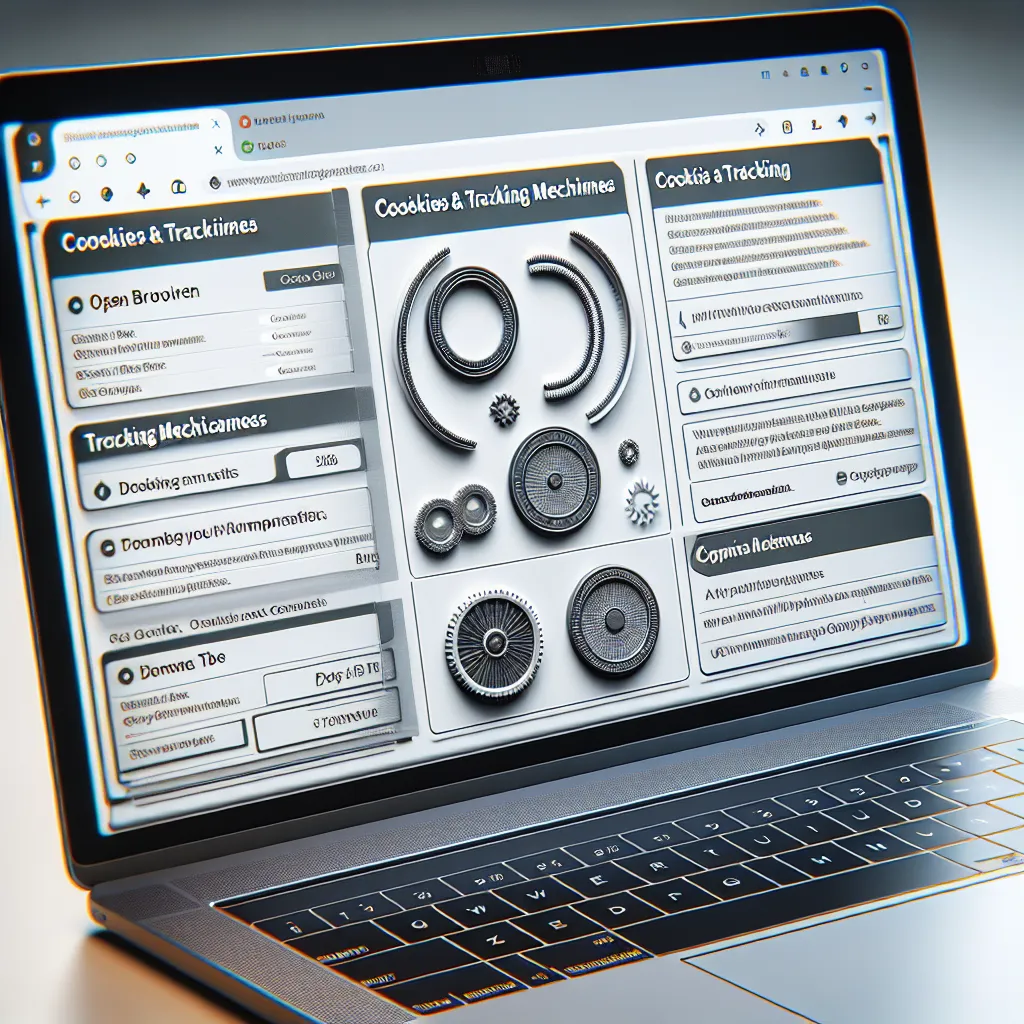The History of Cookie Technology: From Ancient Times to Modern Innovations
The history of cookie technology spans from ancient times to modern innovations, reflecting the evolution of baking techniques and culinary advancements. The earliest known cookies can be traced back to Persia in the 7th century AD, where they were first introduced as small, sweet treats. Over time, the concept of cookies spread throughout the world, and various cultures developed their own unique versions of these delectable snacks.
During the Middle Ages, the popularity of cookies soared in Europe, with bakers refining their recipes and techniques. It wasn’t until the 18th century that the term “cookie” emerged in the English language, derived from the Dutch word “koekie,” which means little cake. As industrialization took hold, cookie production became more efficient, leading to widespread availability and consumption.
Fast forward to the modern era, and the technological advancements in cookie production have been nothing short of revolutionary. From the invention of the chocolate chip cookie in the 1930s to the development of high-speed, automated cookie production lines, the industry has continuously evolved. Today, innovations in cookie technology include precision mixing and shaping equipment, as well as advanced packaging methods to ensure freshness and shelf life.
In conclusion, the history of cookie technology is a testament to the creativity and ingenuity of bakers and food technologists throughout the ages. From humble beginnings to cutting-edge advancements, cookies have remained a beloved treat cherished by people worldwide.
The Impact of Cookie Evolution on Baking Industry and Consumer Trends
The evolution of cookie technology has had a profound impact on the baking industry and consumer trends. As cookies have evolved from simple, handcrafted treats to mass-produced, high-tech marvels, the way they are made, marketed, and consumed has changed dramatically.
The advent of industrialization and automation in the baking industry has led to increased production and availability of cookies. This has not only made cookies more accessible to consumers but has also influenced their purchasing behavior. With the rise of convenience and pre-packaged goods, consumers have come to expect a wide variety of options, flavors, and textures in their cookies.
Additionally, the evolution of cookie technology has also impacted consumer trends in terms of health and wellness. As more people become conscious of their dietary choices, there has been a growing demand for healthier and more natural ingredients in cookies. This has led to the development of new baking techniques and technologies to meet these evolving consumer preferences.
Furthermore, digital technologies and e-commerce have revolutionized the way cookies are marketed and sold. Online platforms and social media have become key tools for promoting cookies and reaching a wider audience. This shift in marketing strategies has influenced consumer behavior and purchasing habits, as they are now exposed to a greater variety of options and influences.
In conclusion, the evolution of cookie technology has significantly impacted the baking industry and consumer trends. As technology continues to advance, it is likely that we will see further innovations in cookie production, marketing, and consumption, shaping the way we enjoy these delightful treats in the future.
Future Trends in Cookie Technology and Innovation
As we look towards the future of cookie technology, several trends and innovations are shaping the way cookies will evolve. One of the key future trends is the focus on privacy and data protection. With increasing concerns about online privacy, there is a growing demand for cookies that prioritize user consent and data security. Innovations in cookie technology are likely to center around providing users with more transparency and control over their data, as well as reducing the reliance on third-party cookies.
Another aspect that will influence the future of cookie technology is the rise of artificial intelligence (AI) and machine learning. These advanced technologies can be utilized to better understand user behavior and preferences, allowing for more personalized and targeted cookie usage. By leveraging AI, cookies can become more intelligent in delivering relevant content to users, leading to a more tailored and engaging online experience.
Furthermore, the evolution of cookie technology is expected to incorporate greater cross-device tracking and attribution. As consumers continue to engage with content across multiple devices, there is a growing need to track and attribute user interactions accurately. Future innovations in cookie technology may involve developing methods to seamlessly track user activities across devices, ensuring a unified and coherent user experience.
Additionally, the concept of contextual advertising and targeting is likely to shape the future of cookie technology. With the phasing out of third-party cookies, there will be an increased emphasis on contextual targeting, where ads are based on the content being viewed rather than the user’s browsing history. As a result, cookie technology will need to adapt to effectively deliver relevant ads based on the context of the content and the user’s immediate interests.
In conclusion, the future of cookie technology and innovation is poised to prioritize user privacy, leverage advanced technologies like AI, enhance cross-device tracking, and adapt to the evolving landscape of contextual advertising. By embracing these future trends, cookie technology can continue to play a valuable role in delivering personalized and relevant online experiences while addressing the concerns of user privacy and data protection.




